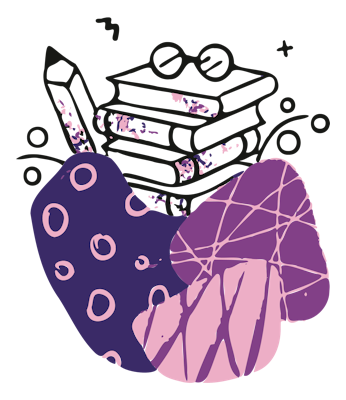Know Your Audience
Jeff Bezos famously remarked that while most companies are concerned with how the world will be different in 10 years, Amazon focuses on the ways in which the world will be the same.
Things like fast shipping, low prices, and easy returns never go out of style. (Amazon still needs to learn that treating employees with dignity and respect also falls into that category, but I digress.)
It can be helpful to skate to where the puck is heading, but you can also expect some things about people to never change.
* * *
My grandfather's restaurant was struggling to sell a particular wine. He tried lowering the price, but sales hardly budged. So he raised it, and it sold out in a matter of weeks.
Cheaper doesn't always mean more desirable.
* * *
Yellowstone National Park had a problem. The bears had figured out how to get into the park's trash cans, and they needed to redesign them to prevent bears from strewing trash everywhere in search of a discarded treat.
The challenge, according to one park ranger, is that "there is a considerable overlap between the intelligence of the smartest bears and the dumbest tourists."
That (possibly apocryphal) story isn't just about the tension in designing something that balances security and convenience. It's also about asymmetry of intent. The average bear is way more motivated to get a stray orange peel out of a trash can than the average tourist is to figure out how to deposit it there.
* * *
No matter your work, part of the key to achieving your goal is knowing the audience for it. How will people's motivations today change (or not) tomorrow? What price makes your service most desirable, while still sustaining you? And how do you balance the compromises and risks that exist in every change we seek to make?
The answers to these questions aren't always obvious — especially when trying to coexist with bears.

